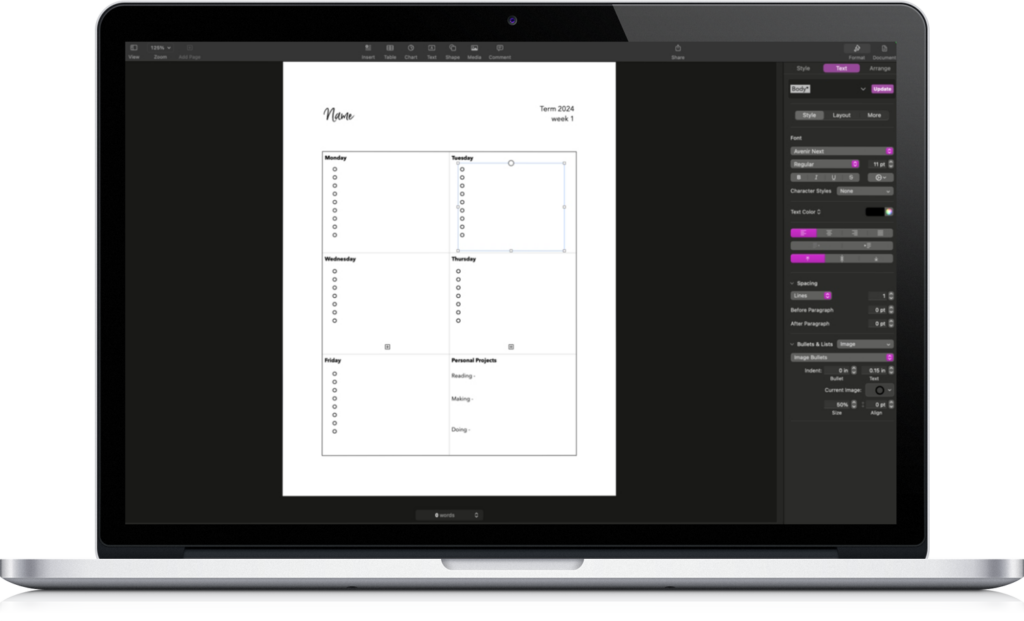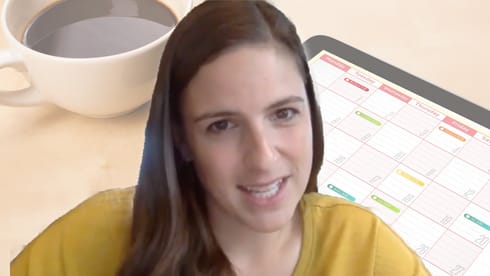
A teacher must pay attention.
I love to collect quotes on what education means.
Definitions are important, because without them we can be using the same word but with entirely different understandings of what we’re talking about.
Without understanding what it is we’re trying to do each and every day with our children, we flounder and fall back on our defaults – what’s easiest rather than what’s best.
Knowing definitions is utterly practical.
Homeschool moms must pay attention.
We hear a lot – as well we should – about cultivating attention in our children, because attention is required to learn. Before you can learn, you have to pay attention.
In the introduction of The Great Tradition is that teaching requires us to pay attention.
To teach, we have to pay attention to where we are leading and to who we are leading.
Education is properly understood as the care and perfection of the soul. – (p.3)
That’s beautiful, you might say, but how is that relevant to me when it’s 10:30 Tuesday morning and my homeschool day has already fallen to pieces?
Education is caring.
Education is a way we nurture and care for our children. That’s what we’re doing when we educate them. We aren’t nurturing them when we feed them and hug them goodnight, but then beating them with knowledge when we present them with a checklist or a book or an assignment.
Education is caring. It’s not about the checkboxes, but the checkboxes are there to help us raise our children into what is good and right and true.
The opposite of care, the dictionary says, is neglect. We neglect our children when we prioritize the curriculum’s demands over our children’s needs, and we neglect our children when we prioritize nothing at all.
Synonyms for care include attentiveness, discretion, concern, support, solicitude, forethought, mindfulness, and guardianship.
Educating requires us to pay attention to the needs of our students – the needs of their minds, bodies, and souls – and then reach out to meet them.
Let us be careful that what we care about most is our own particular children, as individual and eternal souls.
Education is idealistic.
If education’s aim is perfection of the soul, then in this life its aim is never reached. This is the flip side of the desire that our children (and ourselves) be lifelong learners. It means we never arrive, never finish, never really check all the boxes and graduate into perfection. Education is never really over, it is a continual process and journey until we do reach perfection at the Second Coming.
Though we will never reach it in this life, our efforts to educate are straining and leading toward perfection, toward better understanding and better application.
To have an ideal, a picture of perfection, we must know where we’re going. What does perfection look like? How can we get from here to there?
We have to know both where we are and where we want to go.

Get 5 of my favorite homeschool checklist templates!
Jumpstart your homeschool checklist practice by starting with one of my proven formats. Open, edit, and make them your own! Plus, get tips and followup, too –



